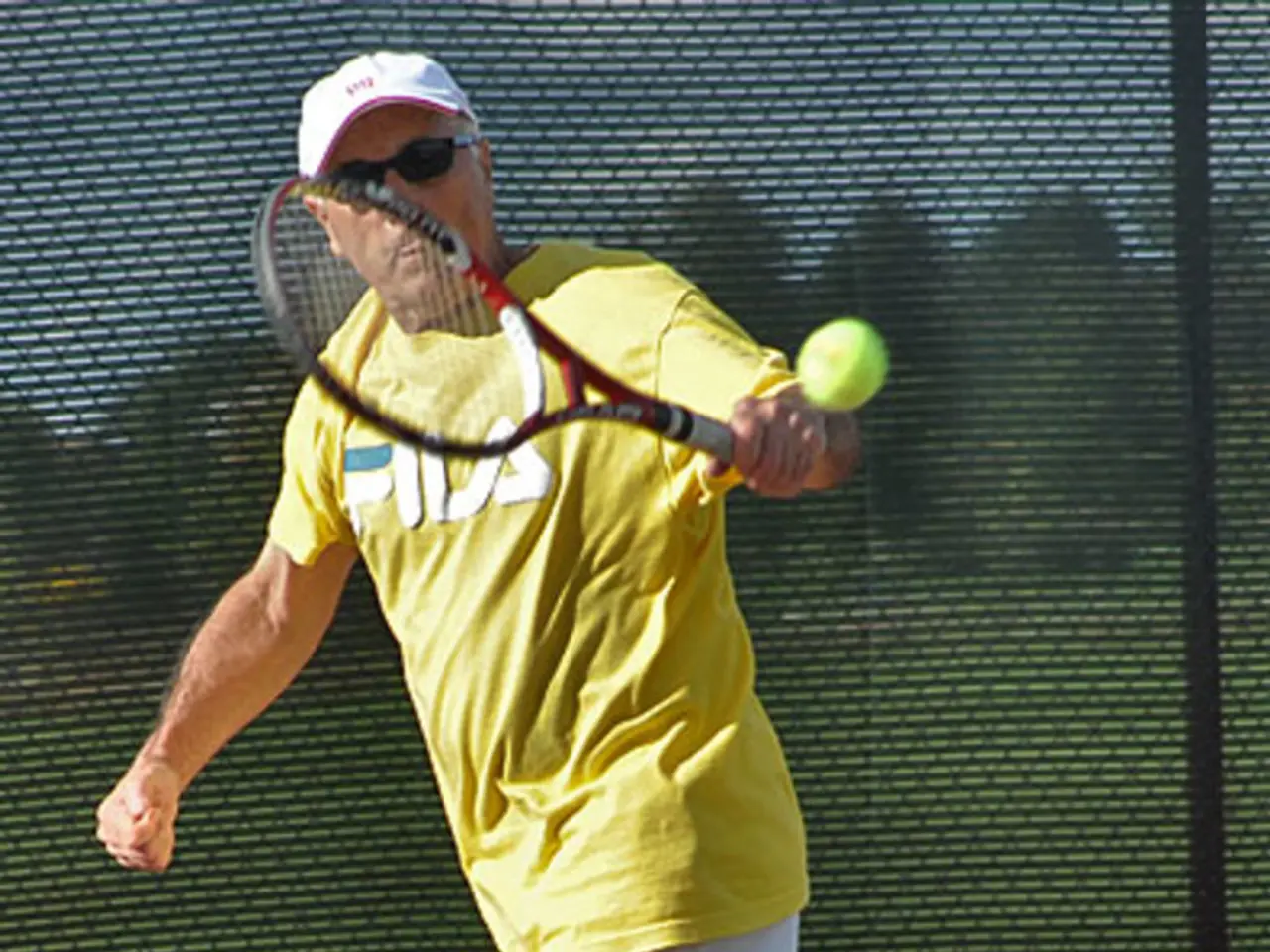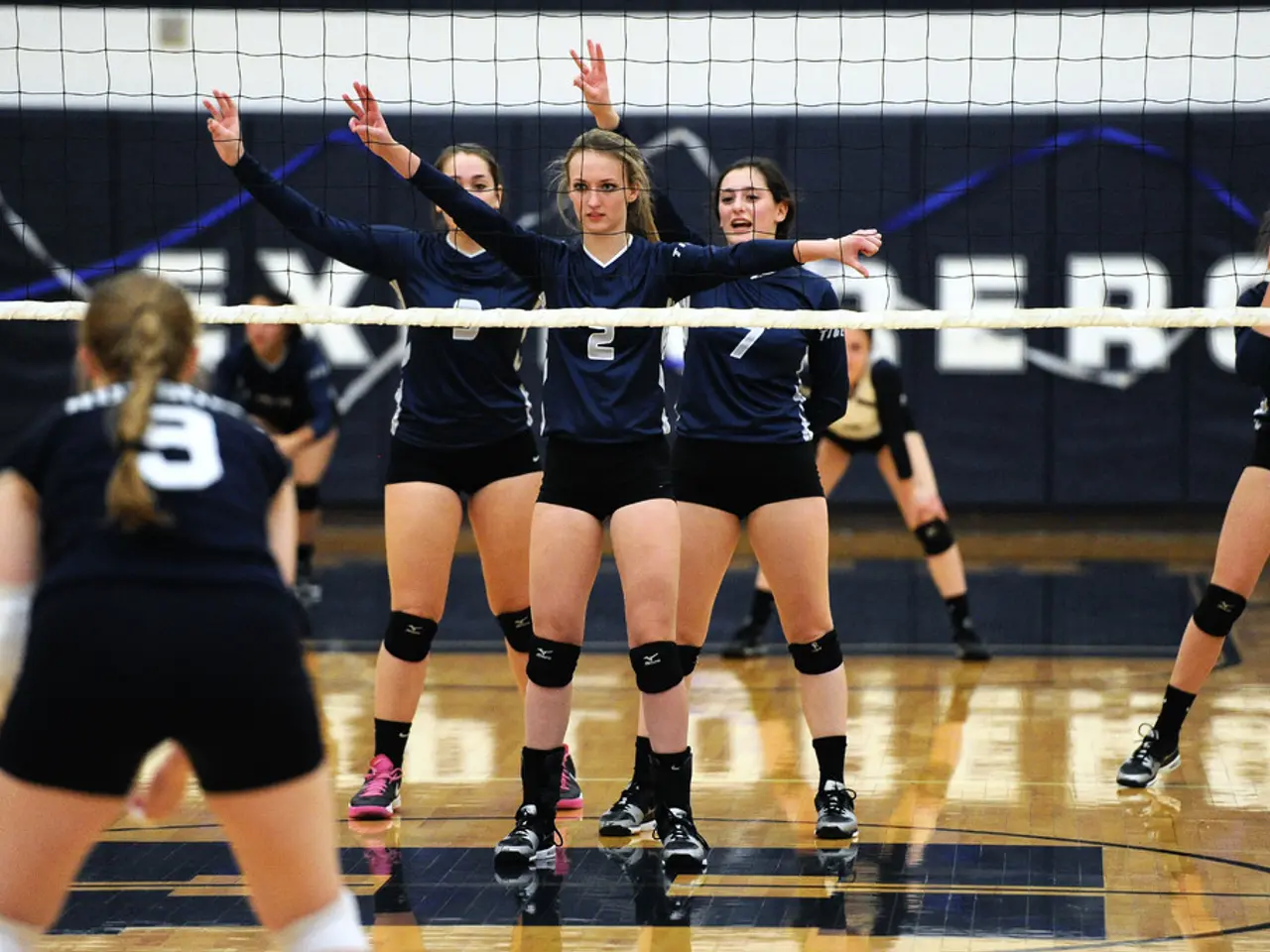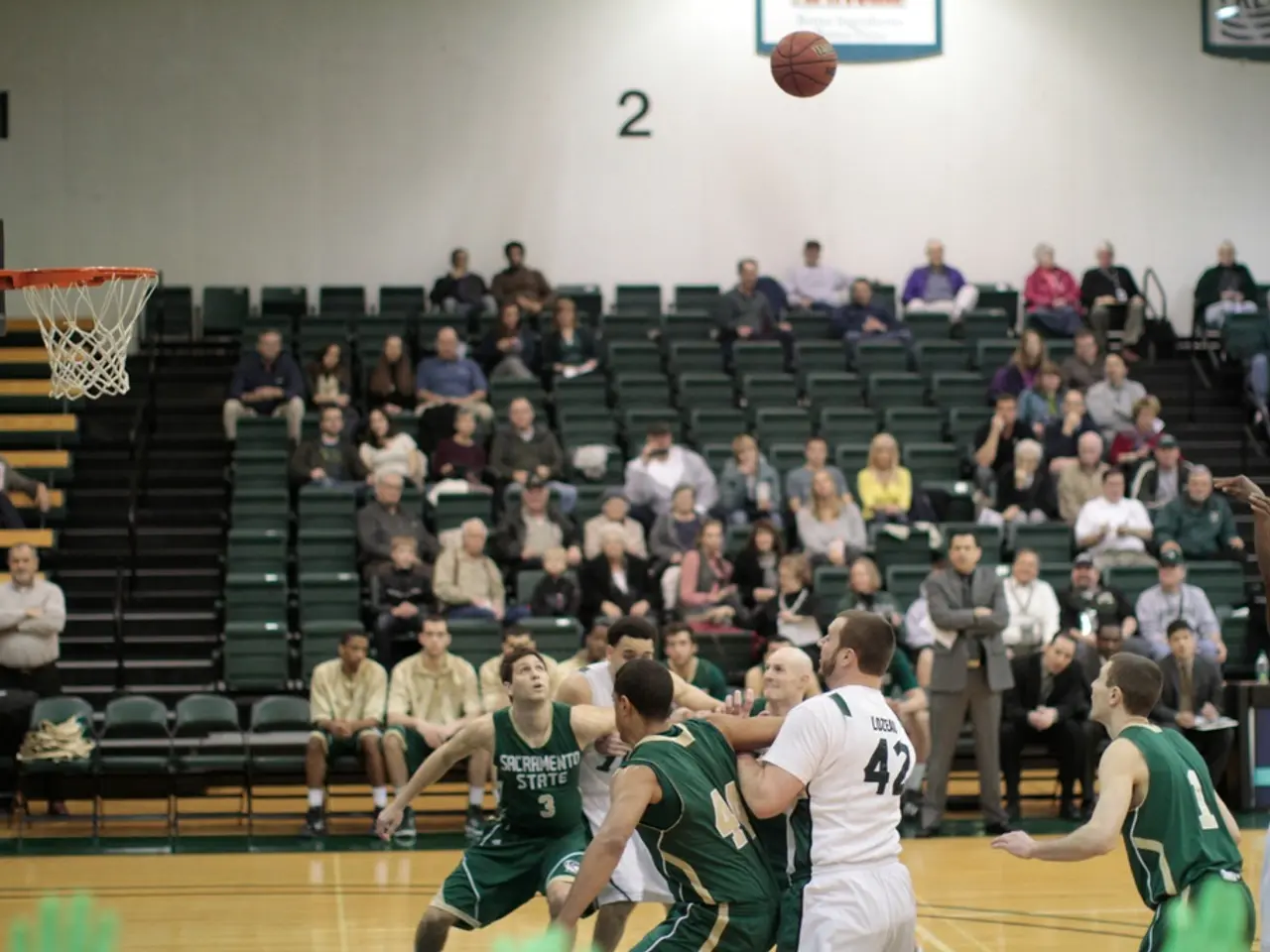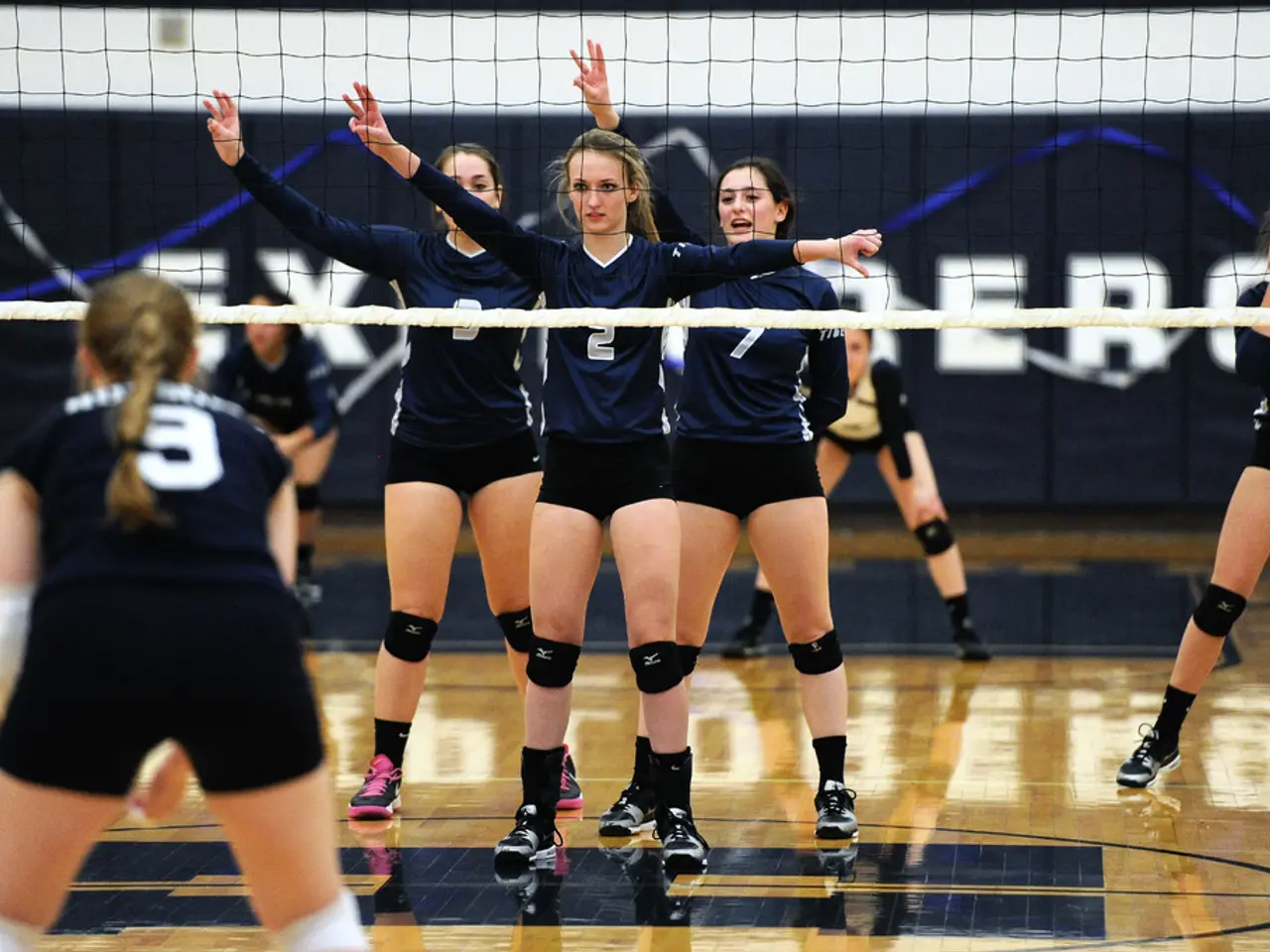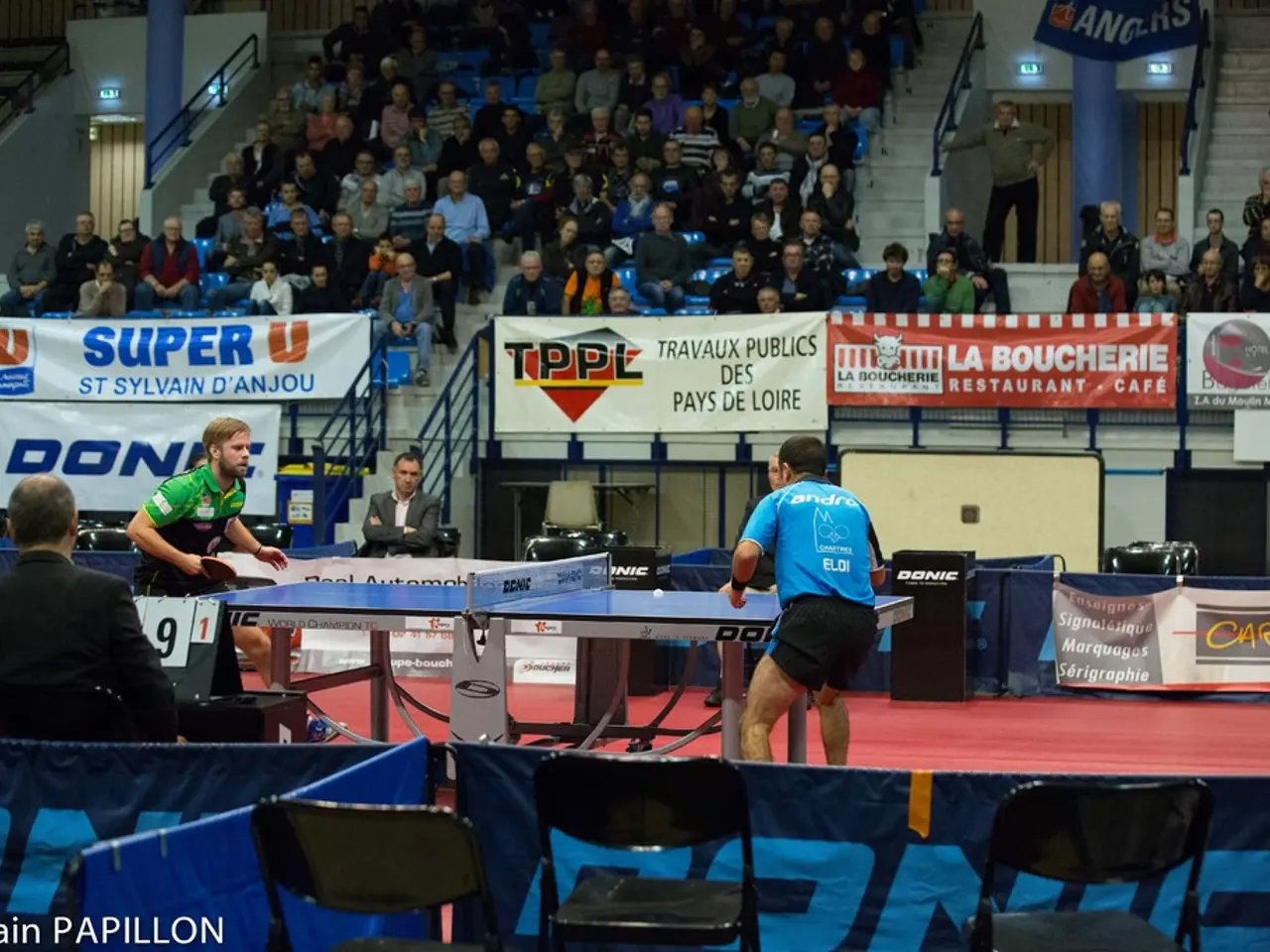Investing vast sums of money in tennis, approximately ten thousand euros, is a requirement for some.
In a remarkable display of skill and determination, 21-year-old Oliver Tarvet, a tennis player from the University of San Diego, has made it to the first round of the 2025 Wimbledon Championships. However, his financial rewards from this prestigious tournament are set to be significantly limited due to the rules of the National Collegiate Athletic Association (NCAA).
Tarvet's impressive run at Wimbledon began with a victory against Swiss player Leandro Riedi on Court 4, a match he won without conceding a single break point. This triumph marked his first-ever main draw match at an ATP tournament, a significant milestone for the young player who had only played two tournaments on the third-tier ITF World Tennis Tour this year.
Despite his underdog status, with a world ranking of 733, Tarvet has managed to beat three players ranked 124, 126, and 210 consecutively to secure his place in the qualifications. However, the NCAA rule significantly limits how much prize money college tennis players can keep from professional tournaments like Wimbledon. Specifically, NCAA players are allowed to keep a maximum of $10,000 in profit per year, plus any expenses incurred during the events. Any prize money above this limit must be forfeited to maintain their college eligibility.
This rule has caused controversy, especially when college players perform well at Grand Slam events and earn substantial prize money. For example, Tarvet, who is set to earn around $90,000 in prize money for his performance at Wimbledon, would have to forfeit most of those earnings due to the NCAA's restrictions.
Former professional and tennis commentator Jim Courier has criticised this NCAA rule as "stupid" and illogical, pointing out the unfairness of restricting athletes from keeping money they have earned through their performance, while donors can give large sums without restrictions.
Tarvet, who is still eligible to compete in the NCAA for another year, plans to hire someone to help him manage his expenses and ensure compliance with NCAA rules. He is delighted with his performance and believes the hard work of the last years has paid off. Despite the financial constraints, Tarvet has no plans to leave the University of San Diego after the big payday.
Meanwhile, the defending champion Carlos Alcaraz, who has not lost a match at Wimbledon in 15 games, awaits Tarvet in the second round. Winning here would bring in around 120,000 euros, but Tarvet will only be able to take a fraction of that home due to the NCAA rules.
As Tarvet prepares for his biggest task of his tennis life, the matter of the money will undoubtedly be a significant challenge. The question remains whether the NCAA will reconsider its rules to allow college tennis players to fully benefit financially from their success in professional competitions like Wimbledon.
Tarvet's exceptional performance at Wimbledon, despite the NCAA rules, means he can only keep a fraction of the substantial prize money he is set to earn. His success at Grand Slam tournaments, such as Wimbledon, is significantly limited by the NCAA's rule that only allows college tennis players to keep a maximum of $10,000 in profit per year.
